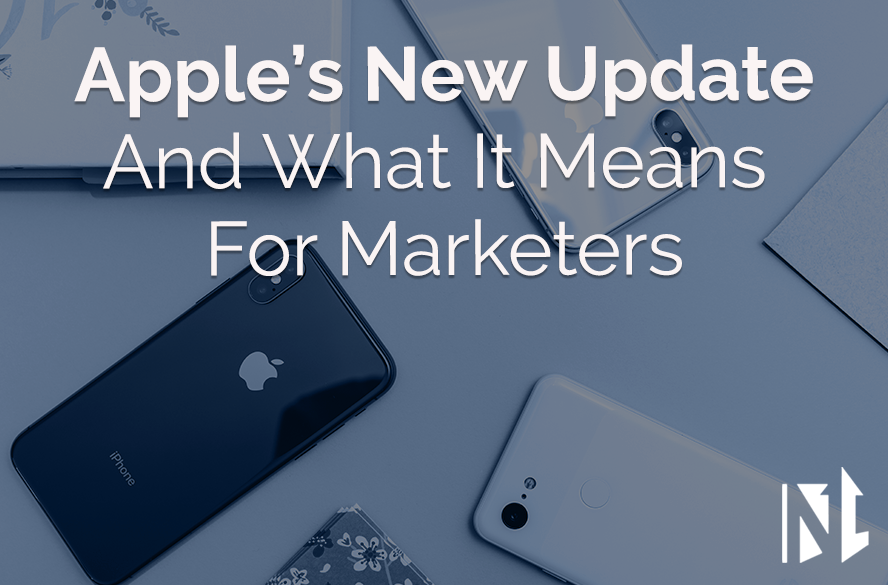Apple’s latest update, iOS 14.4, is coming out early next year. With that, they have updated their privacy policies to protect Apple users’ data. This includes mandating more transparency from apps on how they use customer data, as well as allowing users to opt-out of sharing their data.
For advertisers, especially those advertising on Facebook, this could mean some pretty big changes to their digital marketing strategies.
How Facebook uses data
When you log into Facebook, it tracks your behavior on the site, as well as on Instagram, Messenger, and WhatsApp. This includes pages you follow, events you attend, and posts you engage with. However, they can also track your behavior across the internet. This includes web pages you visit, apps you download, and your physical location.
Businesses that advertise on Facebook are then able to use this information to target their ads. Through Facebook’s targeting tools, it has become easier to show ads to exactly who will be interested in that brand. This includes targeting behaviors and interests, as well as retargeting from engagement on Facebook or traffic to a web page.
While these tools have been extremely useful for advertisers, this targeting capability has raised issues of privacy with users. While Apple’s new update will give users more control over who gets their data, it will also bring changes to how effective ad targeting is on Facebook.
How Apple’s update with change data tracking
There are two major ways that iOS 14 will help users protect their data. First, the app store will feature a section for each app where users can see exactly how that app will track and use their data. Second, users will be able to opt out of allowing apps to track them at all.
This means that Facebook will only be able to track users across multiple sites and apps if the user allows it. Additionally, they will need to be more transparent with users about how they are gathering and using data. While Facebook will still be able to track behavior on their apps, it will limit what data they get from other sites.
How this will affect digital marketing strategies
Ultimately, this will change how advertisers are able to use the data Facebook gathers. With targeting being less accurate, brands will have to reconsider their social media marketing strategies.
With less accurate targeting options, there will be a shift to using Facebook for more awareness strategies. This will include more substantial organic content strategies as well as ads built to bring in new customers, using objectives like reach, engagement, or traffic, rather than retargeting or even targeting lookalike audiences.
We may also see a rise in other social media advertising platforms, such as Pinterest, Twitter, and even NextDoor. Since Facebook will no longer be able to track users on those other sites, advertisers should consider a more direct approach.
Marketers should also strengthen their SEO strategies. While they build awareness on social media, they will need to make their website easily found through search. Beyond SEO, we may also see a rise in Google Search Ads and competitive keyword bidding. Essentially, social media is still a good place to bring people into your business’s funnel, but search engines will be where you see conversions.
While iOS 14 is going to bring changes to our digital marketing strategies, that isn’t necessarily a bad thing. Apple users will have more privacy and control over who gets their data and marketers can take this opportunity to diversify their online presence. Facebook is still the largest social media platform today and will continue to be incredibly useful for advertisers. However, with the change in targeting options, this is the time to implement new creative strategies in your marketing campaigns.



